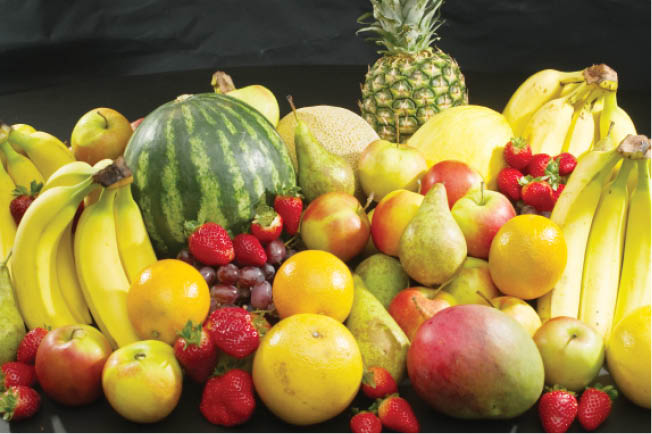Ramadan checklist
Ramadan is upon us once again, coming with tranquility, renewed spirituality and day-long fasting. As we beckon in the new month, here are a few things to tick off your Ramadan checklist to make the best of the month, and sail through it smoothly. Do all the shopping in good time: Head to the market […]

How wrong snacking on nuts, fruits leads to weight gain
Ramadan is upon us once again, coming with tranquility, renewed spirituality and day-long fasting. As we beckon in the new month, here are a few things to tick off your Ramadan checklist to make the best of the month, and sail through it smoothly.
Do all the shopping in good time:
Head to the market or your favorite grocery store and pick up all the food items you’ll need. It will be best to stock up everything you will need in bulk, to avoid bustling in and out of the market while fasting, or having to squeeze in time after work to pick up a few things which will probably in turn make you late for iftar.
Draw up an iftar schedule:
It can be a headache having to think about what to prepare for iftar everyday. To save yourself this hassle, before Ramadan commences, sit down and pen a daily iftar menu from Monday to Sunday that you can follow for the next 30 days.
Bid goodbye to your bad habits:
Identify your bad habits, whether it’s sleeping late or waking up late, spending too much time on social media, or addiction to coffee, and tune it down a notch. Commit yourself completely to your fast and other acts of worship, and perhaps before you know it, you might be rid of those bad habits for good.
Check in with your doctor:
| If you’re a patient of an illness that fasting may cause complications to such as ulcer, then before Ramadan commences, its best you visit your doctor so that he/she can give you informed advice on how to fast for the month, without putting yourself in any sort of danger health wise. A |
fter a day of hunger, thirst and overall abstinence, we all look forward to the moment to dig into all the scrumptious food prepared to break the fast. But it is also important to bear in mind to take it easy on your body, and ensure to replace all the lost nutrients and water during the day. We’ve gathered a few tips to keep at the back of your mind when preparing the iftar meal:
Keep it light:
Serving an appetizer is healthy, and at the same time fulfilling. Something like a soup made with a mix of protein and vegetables is a perfect choice. Not only does it do the job of providing your body of many of the nutrients it lost during the day, it also doesn’t weigh you down before you get to the main dish.
Keep it fresh with fruits:
Fruits are rich in water and in vitamins as well, which is why it is a staple on almost every iftar table. From dates, organs, watermelon, you name it. Taking a proper serving of fruits is very essential when breaking the fast.
Drink up:
Replenishing the lost liquids is very important for hydration. Water, natural fruit juices and milk are all good options. But try to stay away from fizzy drinks and drinks loaded with sugar.
Balance the main dish:
The star of the show should be filling, and preferably not something fried. Instead of frying your food, roast, grill, steam and bake instead. Also, accompany the dish with a side of vegetables like a tasty salad.
Don’t forget the carbs:
The iftar meal should feature carbohydrates as well, to provide your body a source of energy. Ideally, go for rice, whole grains, potatoes and the like. They also provide an excellent source of fiber and minerals.
